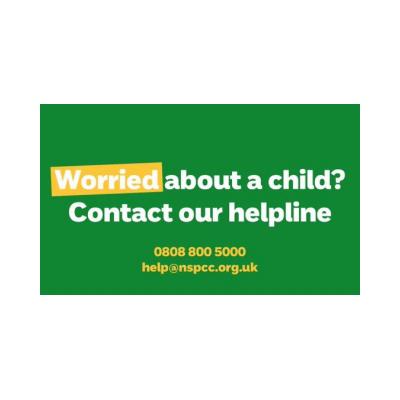NSPCC Domestic Abuse toolkit to help tackle effects of Domestic Abuse on children in Northern Ireland
As levels of domestic abuse reach their highest in 10 years*, NSPCC Northern Ireland is today leading the way to tackle the effects of domestic abuse on children and families by launching its Domestic Abuse Recovery and Support (DARS) toolkit.
The PSNI recorded 27,628* domestic abuse incidents in 2013/14, the highest level recorded since 2004/05 when the data series began (31.8 per cent higher than the level of 20,959 recorded in 2004/05)*, and the charity will play a pivotal role in giving health professionals the knowledge to spot abuse within families and allow for the best possible outcomes for children.
The toolkit, which has been published following a seven year research project in partnership with the Department of Health, Social Services and Public Safety (DHSSPS), will help health professionals across the statutory and voluntary sector to understand and treat the traumatic effects of domestic abuse specifically in children and mothers. The £750,000 project, which was undertaken by NSPCC domestic abuse teams in Foyle and Belfast, builds on existing domestic abuse services for children and families across the UK, and has influenced the on-going development of domestic abuse services within the NSPCC nationally.
Head of NSPCC for Northern Ireland, Neil Anderson, said:
“The effects of domestic abuse on women has been well documented, however only in recent years has there been a better awareness of its direct impact on children. Whilst support has developed in recognition of this, for too long children were in fact the hidden victims of domestic abuse.
“Exposure to domestic abuse as a child can have a profound effect in later life and can include mental health issues, alcohol and drug abuse. Much more robust support is needed to address the impact of domestic abuse on children. The learning from this project was used to inform the NSPCC’s existing domestic abuse services for children including the Domestic Abuse Recovery Team programme which is currently being piloted in Northern Ireland, England and Wales.
“Our experience and research also showed us that children who are exposed to domestic abuse, for the most part, want their dads to remain in their life and play their part in their parenting - they just want the abuse to stop. This learning informed another NSPCC pilot programme, Caring Dads, Safer Children.
“The toolkit will allow us to share our knowledge to support other agencies who work to prevent child abuse across Northern Ireland.”
The toolkit includes programmes of group work for children and women who have experienced domestic abuse and can also easily be adapted for one to one work. The programme aims to:
- Increase awareness of the dynamic and patterns of domestic abuse.
- Reduce the traumatic impact of domestic abuse on children.
- Enhance the relationship between mother and child where it has been adversely affected as a result of domestic abuse.
- Improve the safety of children and mothers and to help them achieve their full potential.
Neil continued:
“We know that domestic abuse can have a devastating impact on children and families. But children can and do recover with the right support at the right time.
“We hope that this toolkit will give professionals the knowledge and confidence to spot the signs of the effects of domestic abuse in children early, and give them the skills they need to treat them as soon as possible, to allow for the best possible outcomes for those children.”
Launching the DARS toolkit, Health Minister Edwin Poots said:
“I believe, and our Government believes, that every person should be able to live in a safe and secure environment in a society where domestic violence and abuse is unacceptable. Government cannot achieve this vision alone though, we rely on the NSPCC and the voluntary and community sectors as service delivery partners.
“Only through collaborative working can we secure such an environment. We must all be committed to improving protection for all victims of domestic violence and their families and to providing them with appropriate information and support to enable recovery.”
Professionals can attend a DARS toolkit training session which will be available across the five Health and Social Care Trusts areas in the autumn.
*Data taken from the PSNI’s report ‘Trends in Domestic Abuse Incidents and Crimes in Northern Ireland 2004/05 to 2013/14’; http://www.psni.police.uk/domestic_abuse_incidents_and_crimes_in_northern_ireland_2004-05_to_2013-14.pdf

